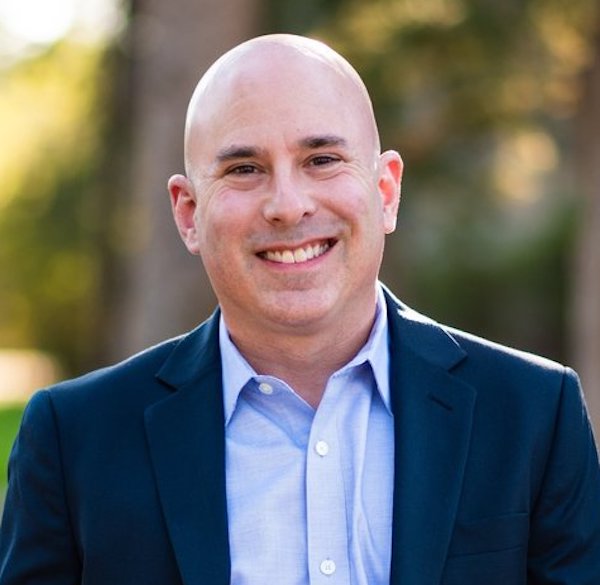While mindfulness has become a popular way to reduce stress and maintain well-being, a new study involving a University of Guelph researcher has found people are misinterpreting the practice.
Dr. Jamie Gruman, a professor in U of G’s Lang School of Business, says many people confuse the practice with passive acceptance of a problem.
“They are ignoring a key component of mindfulness, which is to accept and engage with your problems, not avoid them,” said Gruman, who worked on the study with researchers from Ryerson University, University of Toronto and University of Waterloo. “It seems the distillation of mindfulness for public consumption from clinical literature to popular press has corrupted the intended understanding of the practice.”

Published recently in Clinical Psychology Review, the study looked at popular conceptions of mindfulness.
Rooted in Buddhist religious practice, mindfulness became more popular after clinical research began reaffirming its potential for reducing stress and improving well-being.
“The clinical practice models mindfulness as a process of attentional engagement, and such engagement allows for reflection and deliberation that promotes adaptive responses to stressors,” said Gruman. “Engagement with our problems is how we reduce stress and improve well-being.”
However, when the researchers compared popular interpretations of mindfulness to evaluate how people understand and apply the concept in their daily lives, they found that many confuse acceptance with passivity or avoidance.
They examined the meaning of mindfulness in three ways: looking at the semantic meaning of the term mindfulness in the English language; meta-analysis of the results from a widely used mindfulness measure; and tests of association with markers of wisdom and effective emotion regulation
“Our results suggest that laypeople may understand what awareness is, but the next step of acceptance may not be well understood — limiting potential for engaging with problems,” said Dr. Ellen Choi, lead author on the paper and organizational behaviour professor at Ryerson University.
Based on these findings, Gruman said, what’s needed is a “contextualized mindfulness framework” that the average person can follow and understand.
“This would help in terms of ensuring people practicing mindfulness on their own in their daily lives understand acceptance enables the process of engaging with life’s challenges rather than avoiding them.”
Contact:
Dr. Jamie Gruman
jgruman@uoguelph.ca
